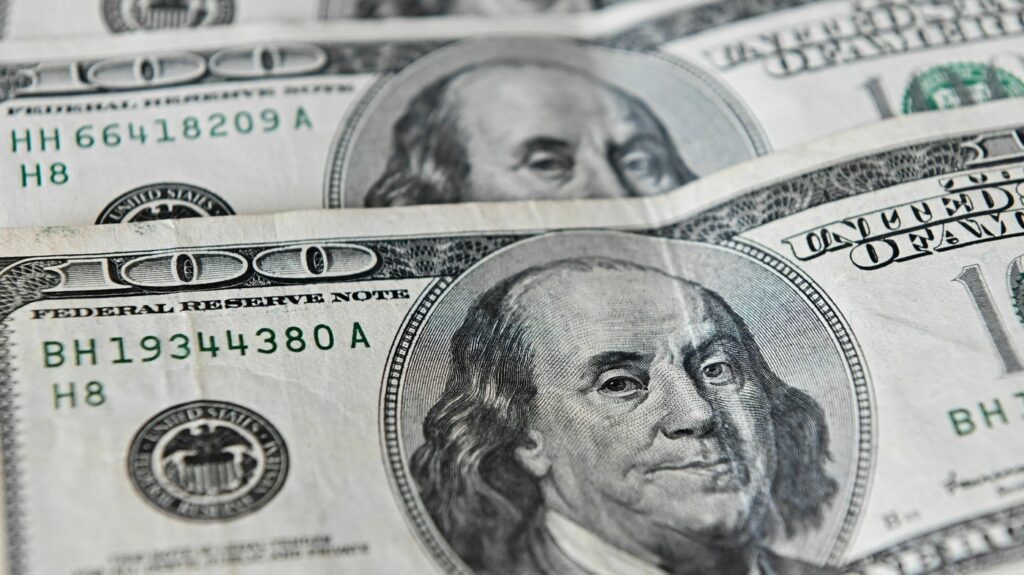On Wednesday, the dollar rose against the euro after the release of the Federal Reserve’s meeting minutes, which highlighted officials’ concerns over recent inflation data.
Meanwhile, the pound maintained its gains following British Prime Minister Rishi Sunak’s announcement of a general election scheduled for July 4.
The minutes from the Federal Reserve’s April 30-May 1 meeting revealed that officials still believed inflation would gradually ease, although the process might take longer than previously expected.
“Participants … noted that they continued to expect that inflation would return to 2% over the medium term,” the minutes stated, but “the disinflation would likely take longer than previously thought.”
The central bank’s current policy involves maintaining the benchmark rate, though there was also discussion about potential future rate hikes.
Despite a milder inflation reading last week, investors have been anticipating U.S. rate cuts, while Fed officials remain cautious.
Fed Governor Christopher Waller emphasized needing several more months of favorable inflation data before supporting rate cuts, a sentiment echoed by Cleveland Fed President Loretta Mester.
Amarjit Sahota, director at Klarity FX, remarked, “The minutes confirmed what most traders were already thinking prior to the U.S. CPI report a week ago,” noting the frustration with the first quarter’s inflation reading but the belief that current policies were sufficiently restrictive.
The suggestion that some officials were open to further tightening has bolstered the dollar since the minutes’ release.
Personal consumption expenditures data due on May 31 will be a crucial indicator for the markets.
The euro declined by 0.3% to $1.08205.
Concurrently, the pound increased by 0.1% to $1.2717 after Prime Minister Sunak announced the July 4 election, where his Conservative Party faces likely defeat to Labour.
Earlier, the pound rose following UK inflation data, which showed a slower-than-expected decline in April, nearing the BoE’s target and reducing expectations for a rate cut next month.
British consumer prices rose 2.3% annually in April, down from 3.2% in March, with a 2.1% forecast by the BoE and economists.
Elsewhere, the Reserve Bank of New Zealand maintained its cash rate at 5.5% but raised its peak interest rate forecast to 5.7% for the end of 2024.
The New Zealand dollar hit $0.6152 before settling at $0.6086.
Against the yen, the dollar rose 0.3% to 156.62, as Japan’s exports increased by 8.3% in April. Traders remained wary of potential currency intervention by Tokyo.
In cryptocurrencies, ether fell 0.3% to $3,735, following a 22% surge over the previous two sessions due to speculation on U.S. spot exchange-traded funds.
Bitcoin remained stable at $69,605 on Wednesday.
